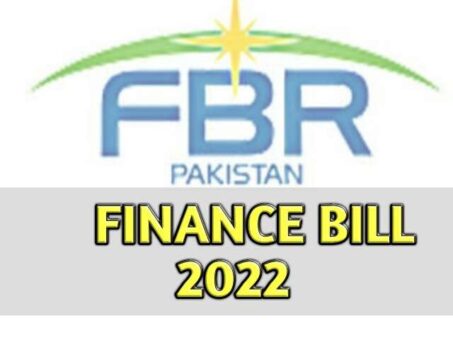A high-level committee of Pakistan’s leading businessmen, tasked with reviewing budget anomalies, has formally recommended lifting the ban on the import of luxury items.
The committee, formed by the Ministry of Finance and chaired by renowned industrialist Zubair Motiwala, argued that the ban was always meant to be temporary and should now be replaced with rationalized tariffs.
During a detailed meeting held in Islamabad, attended by key officials including FBR’s Member Customs Policy Ms. Surraiya Ahmed Butt and Member Inland Revenue Afaq Ahmed Qureshi, the committee stressed that rather than outright prohibitions, import of luxury items should be controlled through policy-based duties. Several other members representing major chambers and business councils joined the meeting physically and via Zoom.
The committee carefully examined anomalies related to the newly announced federal budget, covering issues ranging from import duties on raw materials to tax discrepancies affecting both trade and industry. A key point of concern was the discrimination in withholding tax between industrial and commercial importers, which the committee recommended correcting for a level playing field.
On the issue of luxury items, the committee reiterated its stance that items such as high-end consumer goods should be allowed under a structured tariff regime rather than a blanket ban. It was argued that banning luxury items encourages smuggling and loss of legitimate revenue, while rational tariffs can ensure both control and income generation.
Additionally, the committee pointed out anomalies affecting industries like plastics, solar energy, edible oil, shipbuilding, steel, mutual funds, and travel agencies. Furniture retailers, cattle feed producers, and solar component importers were also highlighted as unfairly taxed.
Finance Minister Miftah Ismail and FBR Chairman Asim Ahmed joined the final segment of the meeting. The Finance Minister assured that 95% of the concerns raised by the committee would be addressed. This move, especially the recommendation to lift the ban on luxury items, is seen as a step toward economic normalization and a transparent import regime.
